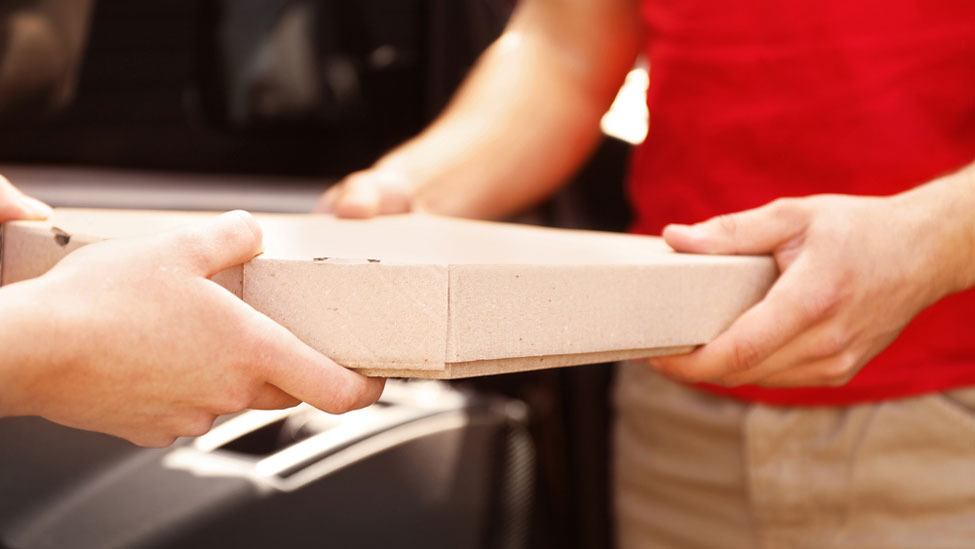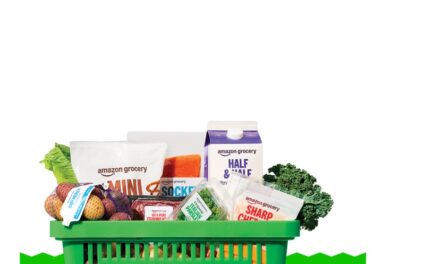
Food delivery businesses are weathering the global financial turmoil well

Uber is reportedly in talks to buy GrubHub according to multiple sources in the US.
Uber first approached Grubhhub earlier this year with an offer, but the two companies are still in talks. The deal could be finalised this month.
According to analysis by global law firm Linklaters from the start of March to the end of April, share prices of a selection of food delivery businesses were up between 5% and 14%, in contrast to the index of European consumer companies (STOXX Europe 600 Consumer Services) which was down by 12%.
Food delivery businesses are looking to expand their existing business models as traditional revenue streams, most often from commissions on restaurant orders, dry up in these uncertain times. To help with the unprecedented demand for home deliveries, food delivery businesses are pursuing opportunities to deliver groceries on behalf of supermarkets, convenience stores and other retailers.
Increased scrutiny by regulators
Whilst there might be a softening in global deal-making as a result of the impact of Covid-19, M&A activity in the food delivery sector shows no sign of slowing down as the major players will likely look to continue to leverage their existing infrastructure to consolidate. We have seen increased regulatory scrutiny of food delivery sector mergers, along with increased interest in technology sector deals across the globe. Notably, the UK Competition and Markets
Authority recently cleared the £6 billion merger of Just Eat and Takeaway.com, only days after granting provisional approval to Amazon’s investment in rival food delivery app Deliveroo.
It is expected that this increased level of interest from the regulators will continue, especially as food delivery players look to expand their offerings and services into broader markets.











